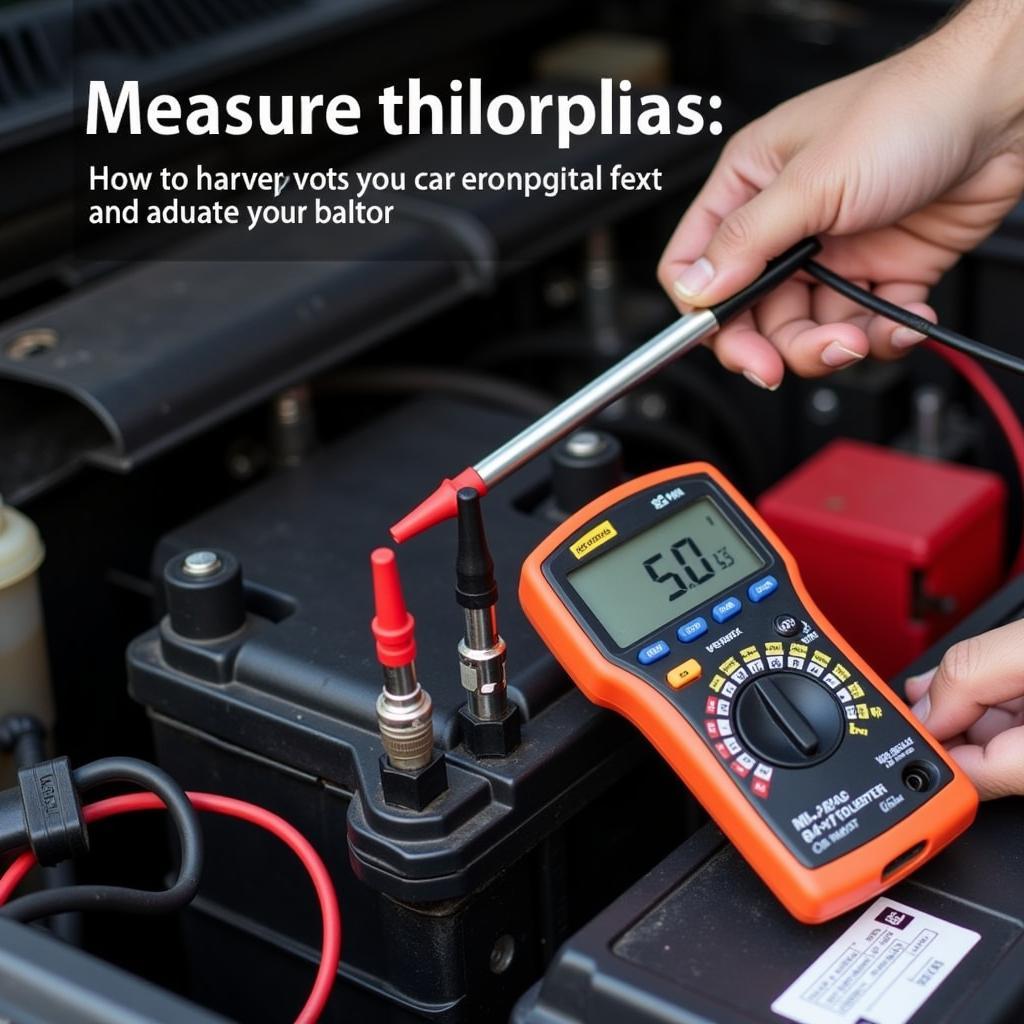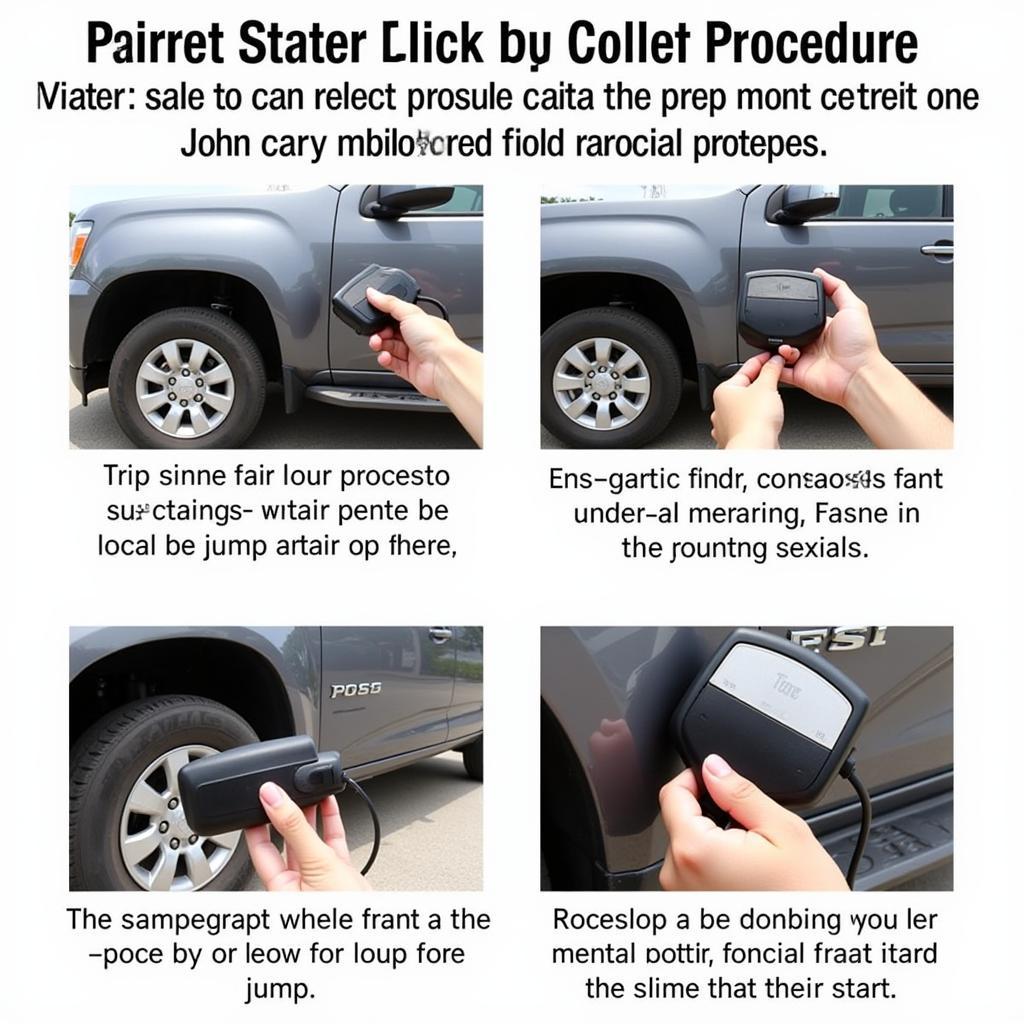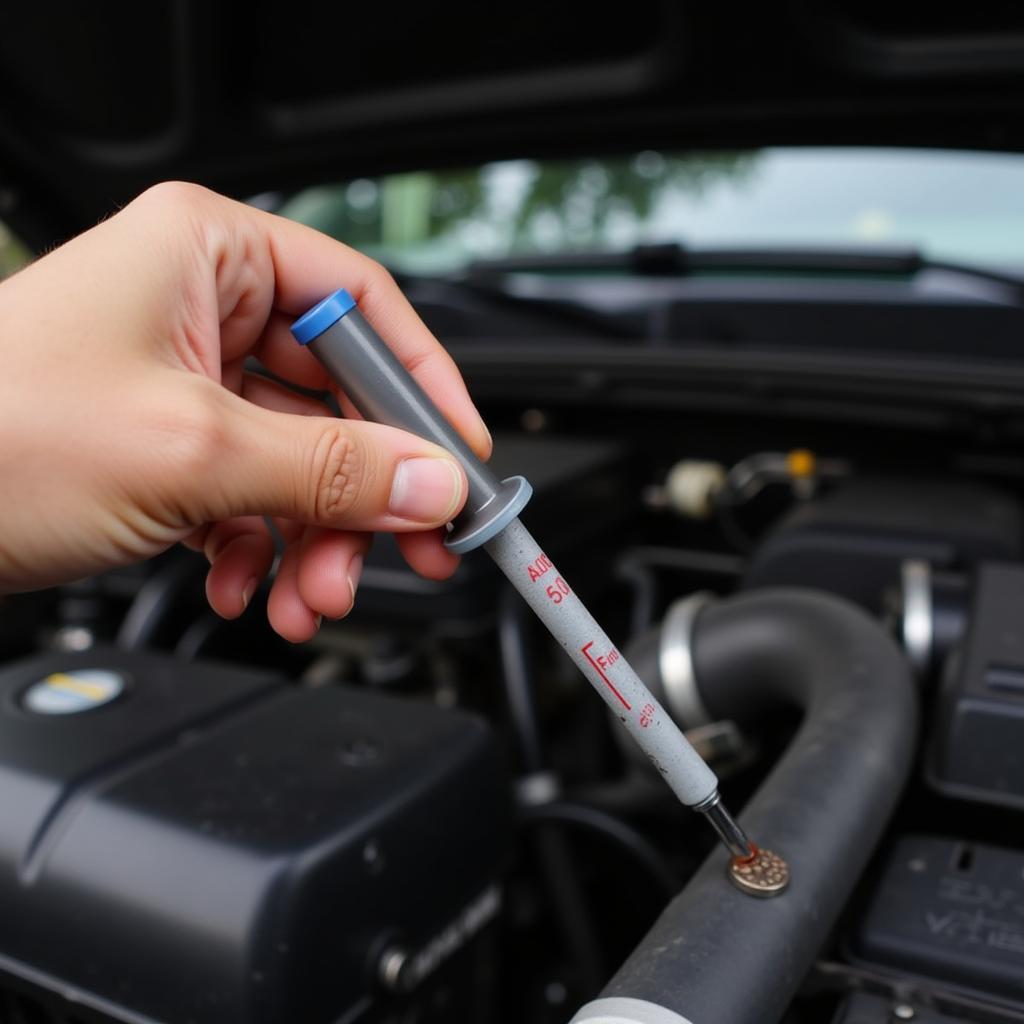Are car battery problems in the cold temporary? Cold weather can wreak havoc on your car battery, leaving you stranded on a frosty morning. Many drivers experience starting issues during winter and wonder if the cold is simply exacerbating an existing issue or if the battery is truly damaged. This article will explore the relationship between cold temperatures and car battery performance, helping you diagnose and troubleshoot those chilly morning starts.
Why Does Cold Weather Affect Car Batteries?
Cold weather significantly impacts car battery performance for several key reasons. The chemical reactions inside the battery that produce electricity slow down in low temperatures. This reduced chemical activity leads to a decrease in the battery’s cranking amps – the power needed to start your engine. Think of it like molasses in winter; everything moves a little slower.
Additionally, the engine oil thickens in cold weather, requiring more power from the battery to turn the engine over. This added strain can further drain a weakened battery. Finally, cold weather can increase the battery’s internal resistance, further hindering its ability to deliver power.
Are Cold-Related Battery Issues Always Temporary?
While many car battery problems in the cold are temporary, sometimes the cold simply reveals a pre-existing weakness. A battery nearing the end of its life might function adequately in warmer months but struggle in the cold. The cold acts as a stress test, exposing underlying issues. So, while the battery might recover somewhat when temperatures rise, the underlying problem persists.
How to Tell if Your Car Battery Problems are Cold-Related or Something More
Several clues can help you determine the nature of your battery issues. If the car starts readily after a jump-start and continues to perform well in milder weather, the cold was likely the primary culprit. However, if the car struggles to start even after a jump or experiences repeated issues, the battery might need replacing.
 Testing a Car Battery with a Multimeter
Testing a Car Battery with a Multimeter
Checking Your Battery’s Health
Regularly checking your battery’s voltage can help prevent cold-weather surprises. A fully charged battery should read around 12.6 volts. Readings below 12.4 volts might indicate a need for charging or replacement. You can use a multimeter to test your battery’s voltage easily.
“A simple voltage check can save you a lot of headache,” says automotive electrical expert, Johnathan Davis, ASE Certified Master Technician. “It’s like checking your oil; a little preventative maintenance goes a long way.”
Troubleshooting Car Battery Problems in the Cold
If you’re facing car battery problems in the cold, here are a few steps you can take:
- Try jump-starting the car: This is often the quickest solution if you’re in a hurry.
- Keep the battery warm: Consider a battery blanket or parking in a garage.
- Limit short trips: Short trips prevent the battery from fully recharging.
- Turn off accessories: Avoid using headlights, radio, and heated seats before starting the engine.
- Have the battery tested: A professional can determine if the battery needs replacing.
 Jump-Starting a Car Safely
Jump-Starting a Car Safely
Maintaining Your Car Battery for Optimal Performance
Proper battery maintenance can significantly extend its lifespan and prevent cold-weather woes. Regularly cleaning the battery terminals can prevent corrosion, which can impede current flow. Ensuring the battery is securely fastened can minimize vibrations that can damage internal components. “Don’t underestimate the importance of a clean connection,” advises Eleanor Vance, Ph.D., a leading researcher in automotive battery technology. “Corrosion can act like an invisible resistor, quietly draining your battery’s power.”
Conclusion
Are car battery problems in the cold temporary? They can be, but often the cold only reveals underlying weaknesses. Understanding how cold weather affects your battery, performing regular checks, and practicing proper maintenance can help keep your car starting reliably all winter long. If you need further assistance, connect with AutoTipPro at +1 (641) 206-8880 or visit our office at 500 N St Mary’s St, San Antonio, TX 78205, United States.






Leave a Reply